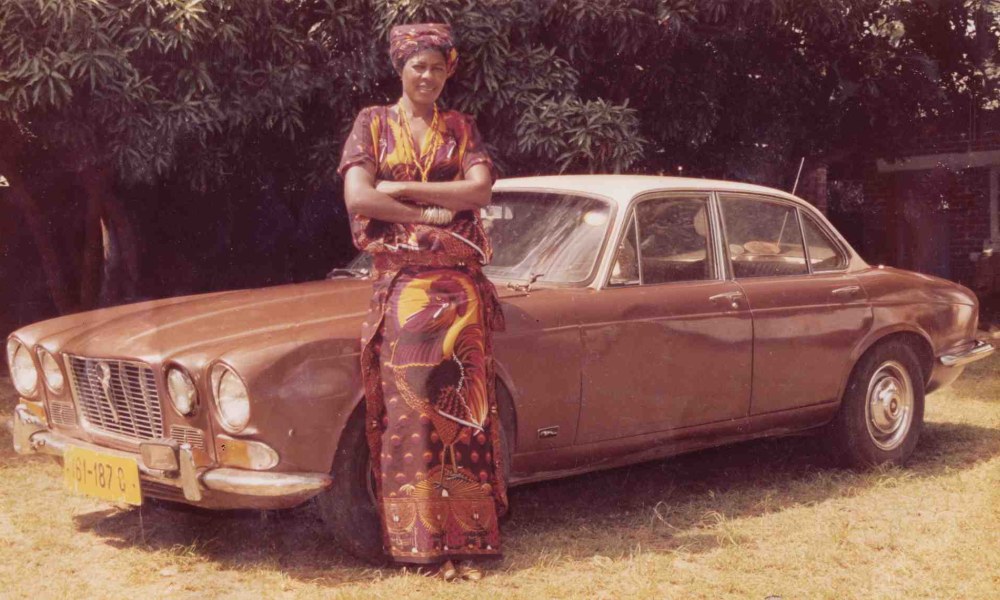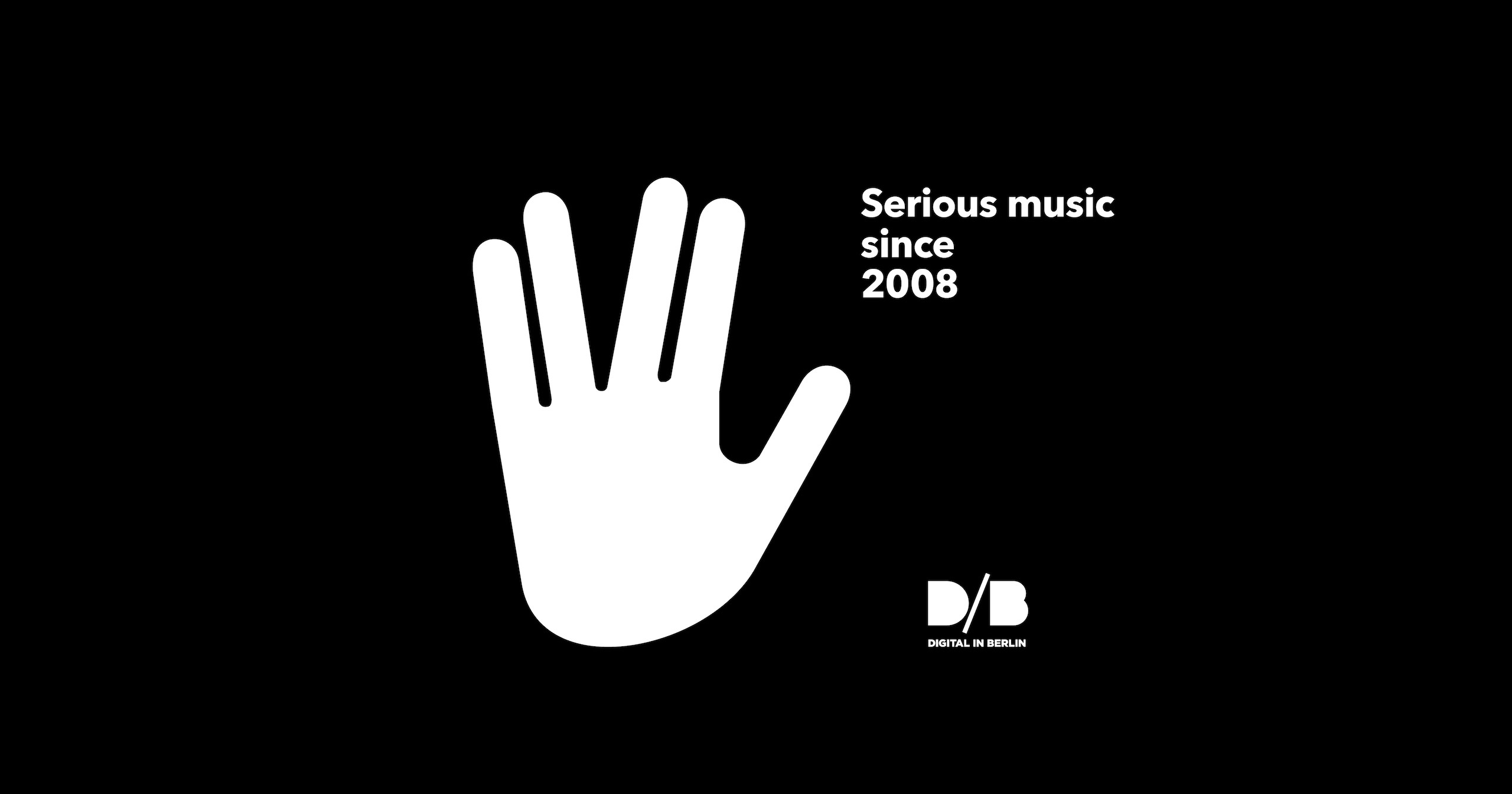Her Majesty – The Queen of Mbira music from Zimbabwe – like Stella Rambisai Chiweshe is affectionately called, is the first female artist who gained in prestige and has been honoured with recognition in a music tradition that’s been dominated by men: in Mbira music – known as the backbone of Zimbabwean music. The mbira consists of 22 to 28 metal keys mounted on a hardwood soundboard, and is usually placed inside a gourd resonator (deze). The keys are played with the two thumbs plucking down and the right forefinger plucking up.
She is one of the few musicians in Zimbabwe and Southern Africa, who since more than 40 years is working in the role of traditional Mbira musician. She is a well respected and important woman in the music business too, where band s perform at festivals, in theatres, churches, schools, community halls as well as in families homes for their ancestors. She set an example for the rest of the women musicians in Zimbabwe. She is a professional artist, in the entertainment industry and in the international music circuit. In Zimbabwe she released more than 20 singles of Mbira music of which her first single Kasahwa went gold in 1975.
After Independence, she was invited to become a member of the original National Dance Company of Zimbabwe, where she soon took the part of a leading Mbira Solo player, dancer and actress. Her work will always be remembered. Her Solo work has established herself as one of the most original artists in the contemporary African scene using mbira music to show the depth and power of her traditional spiritual music at home and abroad. Chiweshe’s experience has been stimulating her to introduce Mbira music to the occidental context without loosing the relation to her Zimbabwean tradition. Since then she has won several awards in her country. In 2003 the University of Zimbabwe honoured her with the Masters Degree in Arts.
Facts
1: All what glitters is not gold.
2: In the beginning all houses were round, corners were man-made to disempower the energy of the human brain so as to rule easily.
3: Cash talk breaks no friendship.
Questions
1.What is the biggest inspiration for your music?
One of my ancestors was my biggest inspiration.
2. How and when did you get into making music?
*I grew up with a sound of a tribal drum from my chest that I could only hear. Though it was loud enough for a someone two meters or so from me, nobody claimed to hear it as well. I was playing that sound on a door and on anything such as dishes but, my elders said they did not know what kind of thing could make that sound. They knew it was a sound of a traditional drum but they could not tell me because, traditional instruments and music was banned from them forcefully long before I was born.
There was no type of traditional instrument, nobody in the whole region had a radio. At 3 or 4 years i was already known as a singer, the songs were from voices in my head. Luck came when we moved from the region I was born to where people were free from the missionaries and could sing traditional songs. There I heard mbira only one day, which then got in touch with my innerself drumbeat. After two years the mbira was full time in my head until i had to learn to play so as to freshen it up and preserve it. For forty years i am still playing mbira music as well as my traditional drum.
3. What are 5 of your favourite albums of all time?
*Ambuya, Chisi, Talking Mbira, Ndondopetera and , Chakand iwana by Stella Chiweshe.
4. What do you associate with Berlin?
*Krumme Lanke in Summer, Winterfeldplatz on Saturdays and Grünewald also in Summer when the trees are green and full of life. I go there alone to play mbira music for
those trees and the birds, oh they like it.
5. What’s your favourite place in Berlin?
Winterfeldplatz.
6. If there was no music in the world, what would you do instead
I would be a herbalist and healing all types of these so called uncurable diseases.
7. What was the last record/music you bought?
Don Williams Greatest Hits.
8. Who would you most like to collaborate with?
A good Didgeridoo player or Flaco Jimenez.
9. What was your best gig (as performer or spectator)?
My show in Lisbon Portugal.
10. How important is technology to your creative process?
Technology is important no doubt and needs no explanation but, to those who don’t know what technology is; it helps my music to be recorded and to be heard far and near as well as after my life, making videos is one great thing technology does, communicate around the world effectively otherwise without it like in thousand s of years ago, oh it would not work for us nowadays.
11. Do you have siblings and how do they feel about your career/art?
For me and my family music is in our life it cannot be separated, meaning that they are all in it and respectfully.

